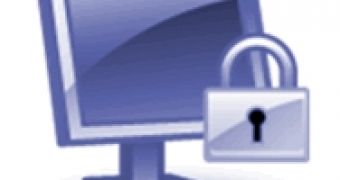BitDefender has decided to publish a list with the ten elements considered to be the most important in users' fight against malware. All the recommendations have the same bedrock – caution, which can save one a lot of trouble. The first measure has to do with the fact that no one should base their actions on guesses. “Don’t assume anything.” says the advisory.
Second of all, people are told to rely on security products that have been tested properly, to be sure that all (or, at least, the majority) of their needs regarding a security tool are met. In order to make sure that the testing is indeed conducted in a careful and impartial manner, BitDefender recommends a few independent testers that are most reliable – Checkmark, AV-Test.org and TuV. Same thing goes for the firewall protection. It also must be previously tested and, most importantly, control both incoming and outgoing operations on the Internet.
The next three pieces of advice are related to electronic mail, which is both a target and a means to deliver malicious software. Users must not open emails from unknown senders or, at the very least, they must refrain from clicking on links and attached files, which are perfect hosts for malware. Also, BitDefender recommends that every email that hasn't been solicited be deleted and not forwarded to anyone, because all it does is overload Internet traffic.
File transfer programs and file sharing servers are better installed only when users really need to make use of them. Even when they are needed, such programs can still be dangerous, as the security company tags them with “potential hazards” labels. Updates are best made as soon as they become available, because they can fend off attacks and threats.
BitDefender advises that no application whatsoever be downloaded without previously being scanned by a security tool. To avoid data loss, users must make backups of every important file on their computer. Removable disks are most appropriate in this case, but BitDefender also recognizes the capacities of cloud storage databases, which are among the safest remote backup methods.
“BitDefender believes that articles like this, especially in prominent consumer magazines, help keep the spotlight on the evolving world of e-threats,” Bogdan Dumitru, BitDefender’s chief technology officer, says, explaining the initiative of the company. “But being aware of e-threats is not enough – computer users need the support of IT security experts like BitDefender, who are developing more effective security technologies and communicating the steps we can take to secure our computers.”

 14 DAY TRIAL //
14 DAY TRIAL //